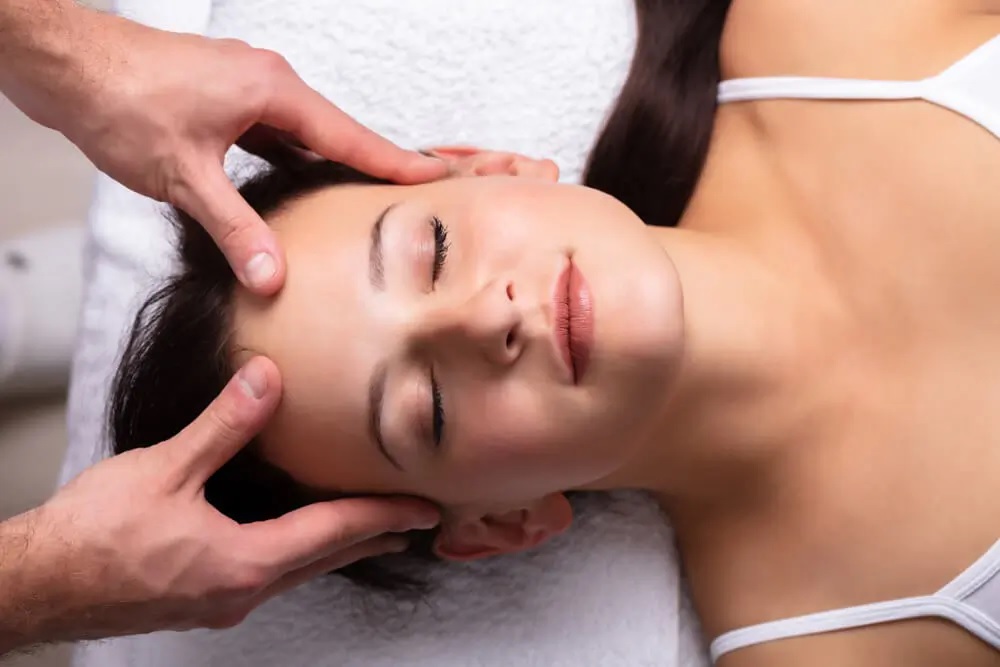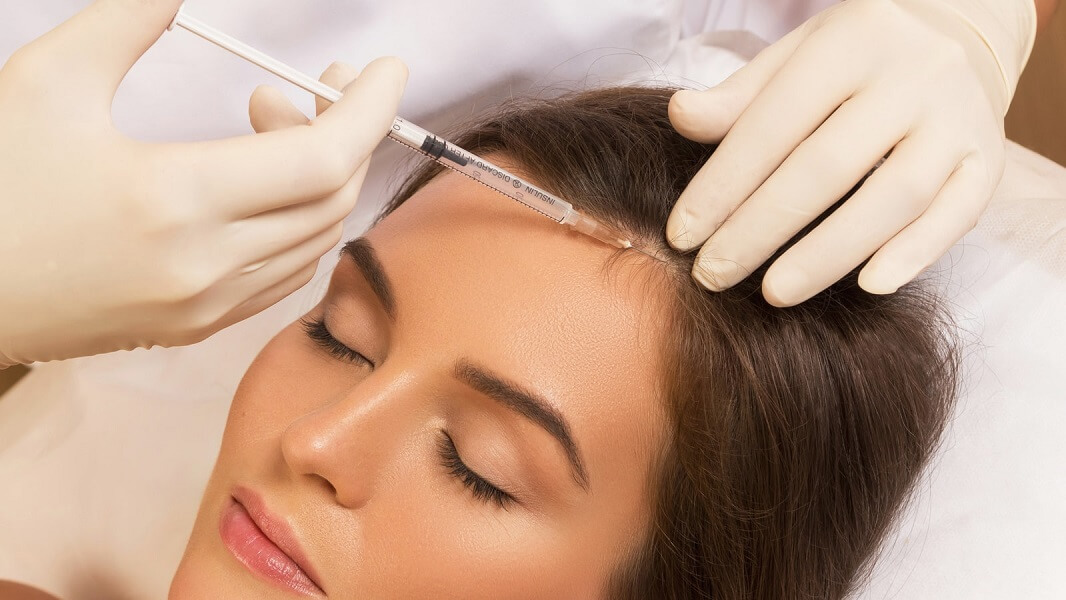Tips to Preserve Your Ears
You’re going to find your sense of touch, smell, taste, sight, and sound will diminish over time. This is part of the aging process. While you can’t live forever, there are medical solutions that can do much to help correct issues related to age. Also, those who are born with issues in hearing may have more options today than they’ve ever had.
To keep your ears healthy, following we’ve briefly put together three very important tips that can help you avoid things that are bad for you, and help repair hearing issues as possible.
1. Get a Checkup at Intervals and Consider Augmentation
You do need to check in with an audiological professional at intervals. It’s also a good idea to have your child’s hearing tested when they’re younger, so you can anticipate issues in terms of cognitive development. Sometimes an audiologist will tell you that you need operations to remove hearing obstructions. Sometimes they’ll suggest augmentation through hearing aids.
Also, in certain situations there are surgeries that can restore some hearing to those who have totally lost this sense, or been born without proper neurological connections. One of the most well known is the cochlear implant. To learn more about your hearing health, and your options, check out Apex Audiology in Colorado Springs.
2. Be Careful With Q-Tips; They Can Be a Bad Idea
Q-Tips are often used to clean out “earwax” from the ear. This isn’t always a good idea, because what Q-tips tend to do is push earwax to the sides of the ear, rather than removing it. Ultimately, your body’s naturally-produced earwax ends up inhibiting sound. Now you can’t hear as well because your ears are blocked. Audiologists advise against Q-tips, generally.
3. Protect Hearing, Avoid Loud Noises
You can use earplugs or headphones, or you can remove yourself from the area where there’s such loud noise. Unless, of course, that’s where you work; in which case you need protection. The issue is, over time, extremely loud noises prompt the body into a kind of adaptation.
If you’re always around loud noises, you’ll increasingly lose traditional hearing capability until you’re, essentially, deaf. Heavy machinery commonly impacts hearing health, so if you’re working in that sort of environment, be especially aware. Twenty years working in a coal mine can be harmful to more than just your lungs.
Healthy Ears Well Into Advanced Age
Protecting hearing is integral in keeping your ears functional into your twilight years. If you can avoid loud noises, get in the habit of doing so now. Be careful with Q-tips; these tend to actually hurt your ears more than they help.
Finally, be sure you have yourself checked out at intervals, and explore what options there are in hearing augmentation. Between these three strategies, you should find your hearing has improved, and you may even be able to reverse some hearing loss.




